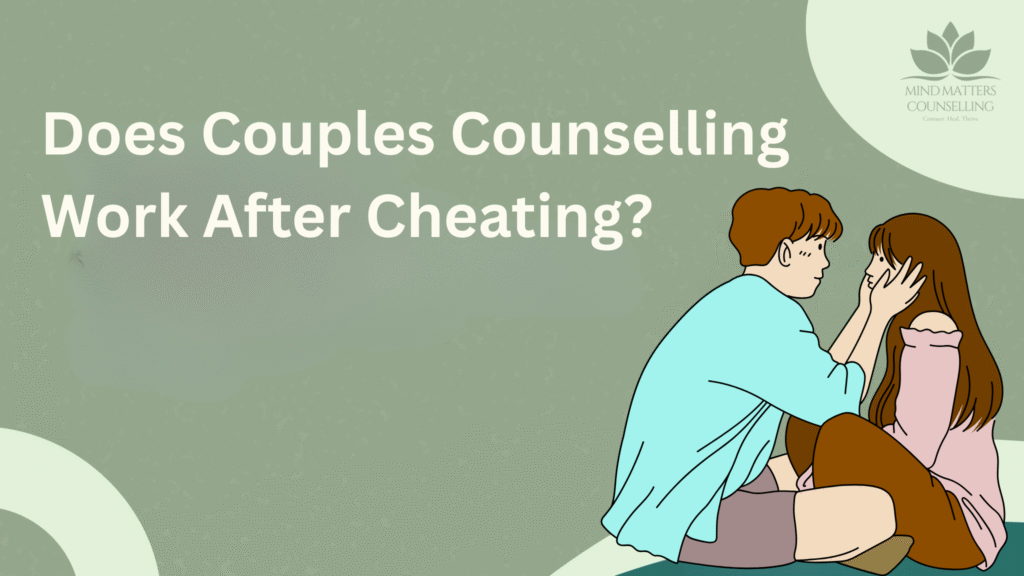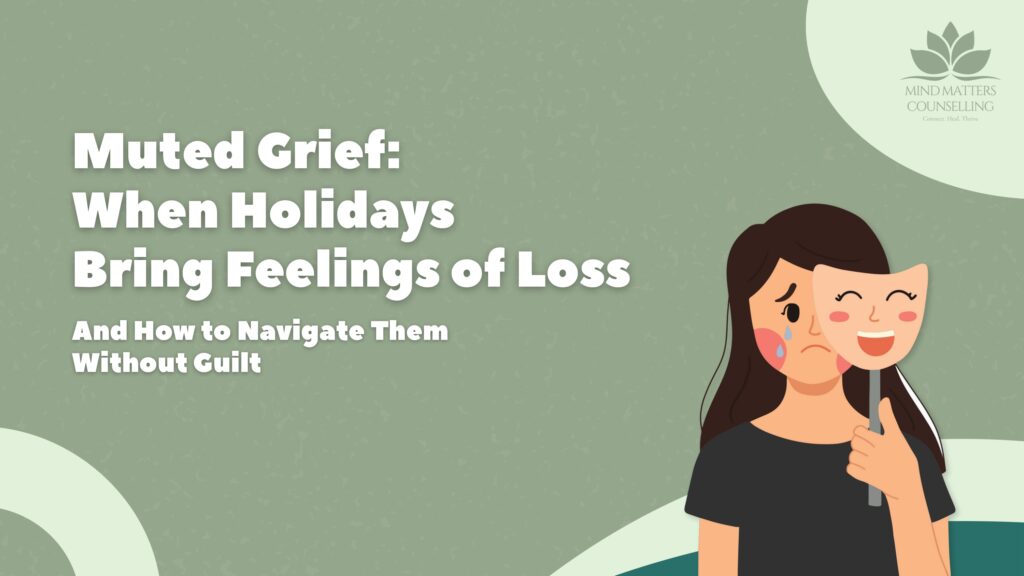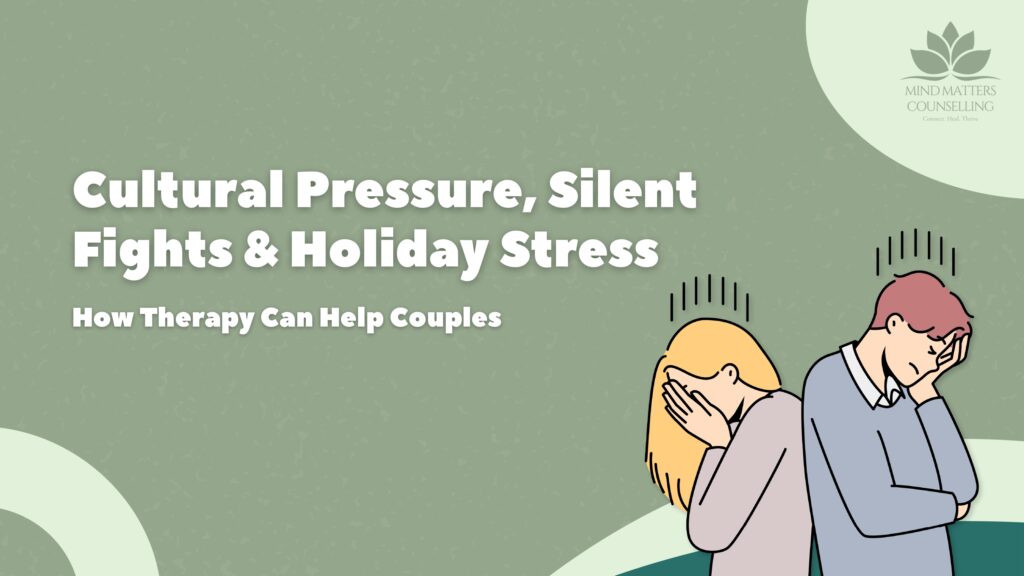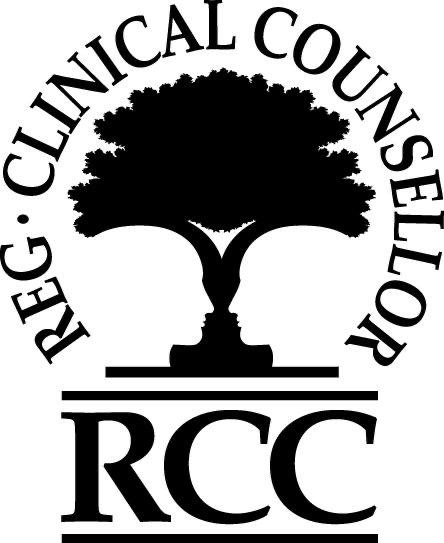You love your partner. You’ve built a life together. You share memories, routines, inside jokes.
And yet—something feels stuck.
Maybe the spark feels dimmer.
Maybe the fights feel repetitive.
Maybe you find yourself pulling away quietly, unsure how to bring things up without starting a conflict.
Here’s what I want you to know: needing help in your relationship doesn’t mean you’ve failed. It means you care enough to try.
Therapy isn’t about finding out who’s right—it’s about learning how to feel seen, heard, and safe with each other again.
Let’s look at 5 signs it might be time to invite a therapist into your relationship.
1. You’re having the same argument over and over
You know how it goes: one of you brings something up, the other gets defensive, and suddenly you’re both shut down, silent, or yelling.
These patterns usually aren’t about the topic itself—they’re about what’s underneath: feeling unappreciated, not prioritized, or misunderstood.
Therapy helps you notice the cycle you’re stuck in, and teaches you how to respond to your partner’s pain—not just their words.
2. You feel more like roommates than lovers
The connection feels flat.
You’re polite but distant.
Physical intimacy has dwindled.
Your conversations feel transactional instead of emotional.
This emotional disconnection can sneak up on couples—especially if you’re busy, stressed, or navigating big life changes. Therapy helps rebuild intimacy by making space for vulnerability and reconnection.
3. One or both of you are avoiding honesty
You hold things in because you’re afraid of upsetting them. You tell white lies. You avoid conflict at all costs.
This protective behavior might feel like keeping the peace—but it often leads to resentment or emotional distance. Therapy offers a safer place to practice honesty without blame.
4. You’re still holding on to past hurt
Maybe something happened—a betrayal, a broken promise, a time you didn’t feel supported—and it hasn’t healed.
Even if you’ve “moved on,” that pain might still show up in other ways: snappiness, withdrawal, lack of trust.
Couples therapy offers structured support to unpack and repair old wounds—so you can move forward with less baggage.
5. You want to grow together—but don’t know how
Not all couples come to therapy in crisis. Many come because they want to deepen their connection, understand each other better, or prepare for big transitions (like marriage, parenting, or moving cities).
Therapy can be the tune-up your relationship needs—not because something’s broken, but because you’re choosing to build something strong.
What Couples Therapy Actually Looks Like

In our work together, I support both of you in:
- Understanding your attachment styles
- Learning how to fight fair and communicate clearly
- Building emotional intimacy and trust
- Replacing blame with curiosity
- Creating rituals of connection (not just conflict resolution)
We slow down the conversations that usually spiral—and create new ones that bring you closer.
Final Thoughts
You’re allowed to want more from your relationship.
You’re allowed to ask for support.
You’re allowed to believe things can get better.
Therapy isn’t a sign of failure.
It’s a step toward understanding, healing, and love—with more safety and less fear.
Book a session at Mind Matters Counselling.
You deserve a life that includes you in it, too.
Let’s make space for the relationship you both deserve.







